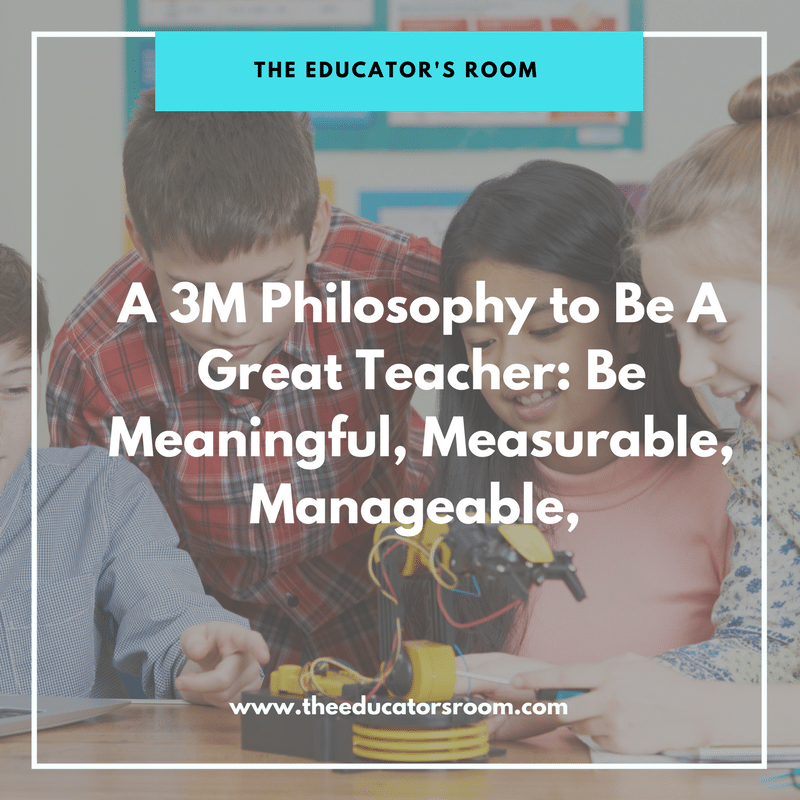Guest Writer: Archie Wortham, PhD
“Never fight unless you have to. Never fight alone. And never fight for long.” This was advice Fox Connor, best remembered as the man who made Eisenhower.
Having taught for most of my adult life, I wondered what makes a good teacher. Having served in the military for 20 years, I wondered what makes a good leader. Having two sons, both who graduated from college and taught for a year; one who recently graduated from the United States Naval Academy, I wonder if I made a good father.
All three of these have one thing in common for me: reflection. But one of the things I came to realize was the importance of those individuals who mentored me. A quote I will never forget is one Dr. Allan Yeomans, graduate of Louisiana State University, and my professor at the real UT, the University of Tennessee, Knoxville, once told me, “Whatever you are able to bring to your students pales significantly when contrasted with what your students bring to you.”
[bctt tweet=”As a teacher, I feel the principal reason I’m in the classroom is to give my students a love and thirst for learning.” username=””]
As a teacher, I feel the principal reason I’m in the classroom is to give my students a love and thirst for learning. This thirst, as the election is behind us carries a passion for life, and the liberty to express what they think, hopefully taking what they learned in a classroom setting into their real-world experiences. However, those of us who are looked upon as sages, dinosaurs or if lucky, revered members of the faculty have a tendency to forget. We forget about the changes outside the classroom; that part of our legacy is to grow those who will replace us; that part of our responsibility is to keep our legacy alive by grooming those who will replace us. This is as inevitable a factoid as the sun rising.
This essay has been crafted as an offering to those who will follow me into the classroom as a tool to keep many of those ebullient, energetic and enthusiastic young faculty members from burning out because: they can’t do it all; they can’t expect everyone to get it all; they can’t truly be the master of their student’s fate until they master their own as a human who as the French Jesuit priest Pierre Teilhard de Chardin said, “We not human beings on a spiritual journey, rather spiritual beings on a human journey.” Our dream to be teachers if truly fulfilled not when our students become the next Einstein or president, develop the cure for cancer, but come back and teach at their alma mater.
Reflection is important, especially for us who soon will be retiring. We are at a point where we have four generations working side by side: baby-boomers; echo-boomers; generation X’ers and millennials. We are about to pass the torch from the generation Kennedy talked about to the generation who elected Obama.
Stepping back, there are three things I’d like to share with younger colleagues to perhaps reinvigorate them in the classroom. It’s a 3M philosophy to make the acceptance of the torches us sages will be giving to them a bit easier. My three M’s include looking at doing things that are meaningful, measurable and manageable.
Steve Covey tells us to “begin with the end in mind.” That’s a simple outlook, but many times our young faculty members have no idea what the end looks like. I ask my students, “If you have no idea where you’re going, how do you know when you get there?” I remind my younger colleague to be fearful, take the front seat, drive the new agenda, and make it meaningful. I tell them to remember, “When stupidity is driving, progress is generally in the back seat.” The manageable part of this idea is once you set your sights on what you want to do or where you want to drive toward, develop a plan to manage your time, your resources, and distinguish how you can get this plan done.
In the process of getting the plan done, develop interim outcomes. Many of us are familiar with student learning outcomes, how we can measure when a student has indicated a proficiency in a particular area. This is key to Bloom’s taxonomy to assist students to be evaluative in their thinking. The same should be for faculty as the curriculum is created. As we move through our academic career there are certain things we can list we need to do to succeed. As we do that, we find ways to measure achieving that outcome. We find ways to quantify this in such a manner as with a checklist. This checklist could be like a quiz with either true and false resolutions or multiple choices as some department equate successfully achieving an accomplishment toward tenure. Quantifying how to achieve that we consider meaningful with something that is objective and measurable contextualizes the goal and ratifies the idea.
As you coach your colleague through the process, whether it’s developing a new curriculum or modifying an old one, the main tenant of the 3M philosophy is to be sure that what you are doing has some meaning. One of the reasons I love to teach is it’s my way to give back to society as a whole as I teach skills my students can use. I ask those colleagues I mentor “if it’s not meaningful, why is it on your checklist?” Find something you can substitute that means something to you and do it.
Much of this is self-revelatory. But as you mentor young, impressionable protégés, you infuse them with your own energy to optimize their potential by fulfilling their potential by first, deciding upon a task that is meaningful; they can measure and then manage. The management construct involves creating opportunities to provide constructive feedback to students within a learning timeframe they can demonstrate understanding.
Using these tools, as sages, I think will populate our classroom with a legacy of educators who love to teach and we will be proud to pass the torch.
It’s what they bring back to us that make us realize we are in the best profession in the world. It’s what we give that makes the battle winnable. It’s something we all can do together and become the teachers our mentors knew we could be, dreamed we would be. And isn’t that the dream we all have—being great teachers?
For a detailed explanation of this teaching model, please click here 3 M Cubed Teaching Model.






